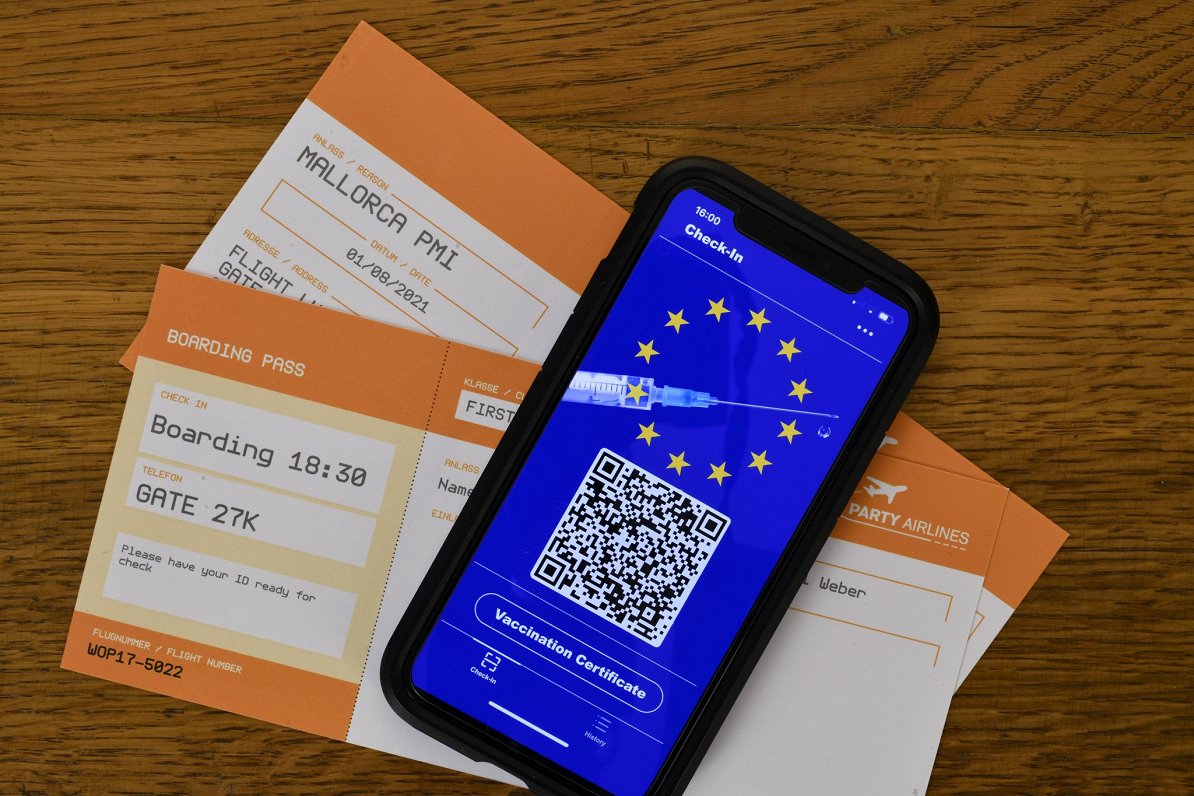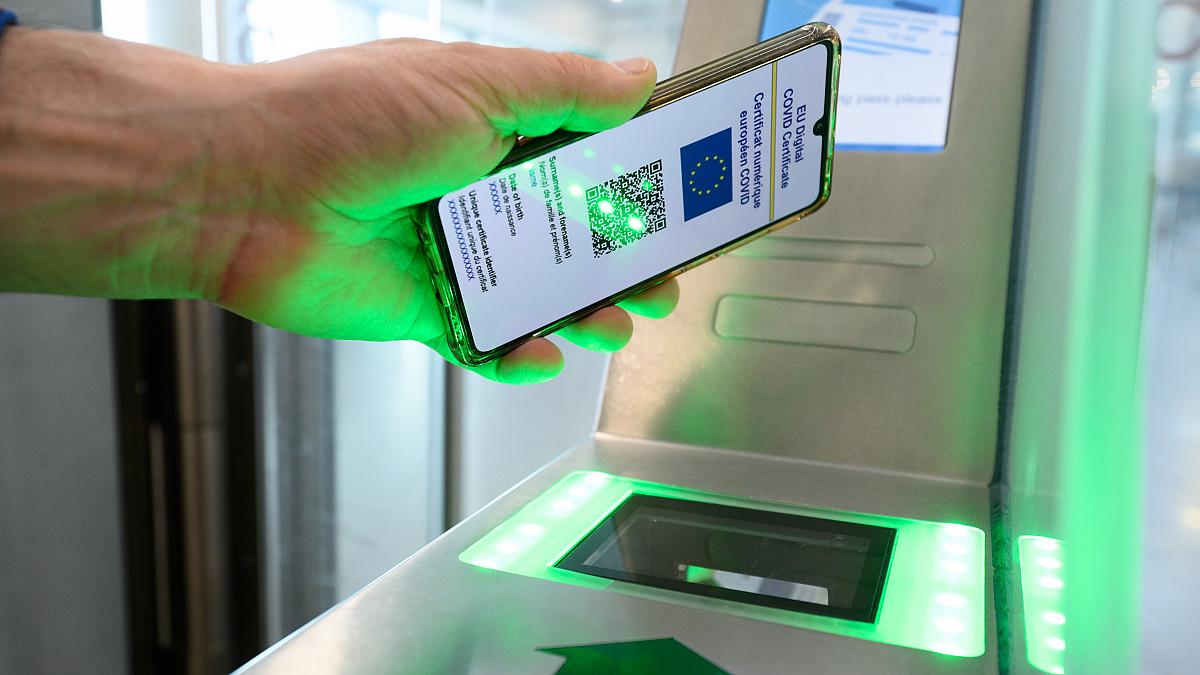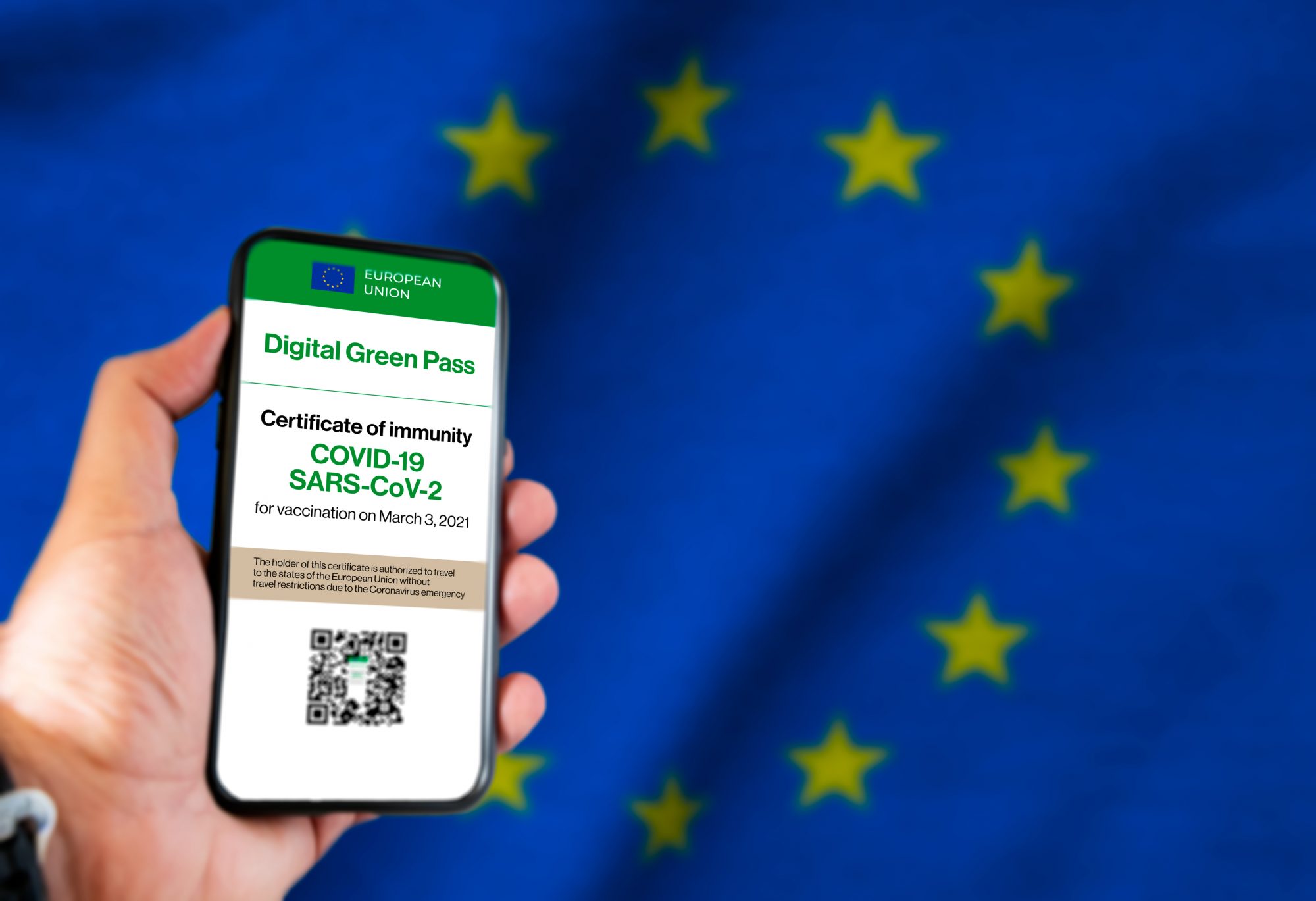Digital Certificates of Origin, or COVIDs, are a document that indicates a product has been made using a specific piece of technology or process. The COVID is used by governments to enforce intellectual property rights, and is also used by companies to enable the movement of products from one country to another. In this article we will look at the 12 countries that are using the COVID certificate, as well as 16 more that are ready to use the certificate.
With the help of COVID, a program that certifies the digital skills of tourism and hospitality workers, the European Commission has just signed 16 transport and tourism-related countries into a Digital Competence Zone (DCZ) in a ceremony at the Rome Trevi Fountain.
The COVID program—which stands for Country of Origin Verified—is an optional European Union certification program to help businesses trace their products to their origin. While there are currently only 12 countries accepting the COVID certification, 16 more countries have expressed interest, making it the biggest EU proofing program yet.

The European Union (E.U.) is actually ahead of schedule in getting its Digital COVID Certificate (a.k.a. ‘Digital Green Pass’) fully rolled out and running smoothly for the summer season. Twelve E.U. member countries have already begun using the system, which went live late last month, while another 16 have completed testing and are ready to implement it at any time. The European Parliament has marked July 1 as the date upon which the certificate will need to be made available for travelers’ use in all member countries.
The European Commission approved the launch of this new digital vaccination verification tool back in May to harmonize COVID-19 entry regulations within the 27-nation bloc, thereby facilitating travel and supporting freer movement across the continent at a time that’s critical for the tourism sector. The E.U. Digital COVID Certificate is essentially a free mobile app that supplies on-demand either: digital proof of a person’s vaccination against COVID-19, recent negative test results or certification that they’ve previously been clinically diagnosed and recovered from the virus.
The certificate displays certain key information—including the traveler’s name, date of birth and date of issue—and produces a unique QR code that pulls up relevant documentation or linked reporting portals (from a hospital, laboratory, test center, etc.). The European Commission website asserts that this data remains of the certificate but isn’t stored or retained by visited countries. The person’s health data, meanwhile, remains securely on file with the member state that issued the E.U. Digital Health Certificate.
In the interest of convenience, a digital version can be stored on a mobile device, or, alternatively, a paper version can be requested. E.U. member states have agreed upon a common design for both the electronic and printed versions to help speed recognition of the credential. Health authorities in individual member countries are responsible for issuing the certificates and making them available to citizens.

Right now, Europe is about halfway through its “warm-up” phase for the Digital COVID Certificate’s rollout. A dozen member nations are already using the pass: —Austria —Bulgaria —Croatia —Czechia —Denmark —Estonia —Germany —Greece —Latvia —Lithuania —Poland —Spain Another 12 E.U. members, along with four non-E.U. countries that are part of the Schengen Area, have also finished with testing and are ready to launch the app: —Belgium —Cyprus —France —Iceland —Ireland —Italy —Liechtenstein —Luxembourg —Netherlands —Norway —Portugal —Romania —Slovakia —Slovenia —Sweden —Switzerland Finland, Hungary and Malta are currently lingering behind, still in the testing phase.
While it would seem that a streamlined digital passport for European travel wouldn’t be of help to U.S. visitors, an E.U. spokesperson actually stated earlier this month that the app could potentially be made available to non-E.U. citizens, Forbes reported. Again, the decision on whether to extend use of the app to travelers from outside the E.U. would rest with individual member nations.
“Right now, if you’re an American not living in the E.U., you could get the certificate if you ask the national authorities of a member state to give you that certificate, based on some proof that you’ve been vaccinated, or had a recent COVID test,” the unnamed E.U. spokesperson postulated.For 16 countries that have signed up to the European Union’s COVIS common code of information security, the journey to become a certified secure digital identity provider (CSP) has only just begun.. Read more about aer lingus and let us know what you think.




